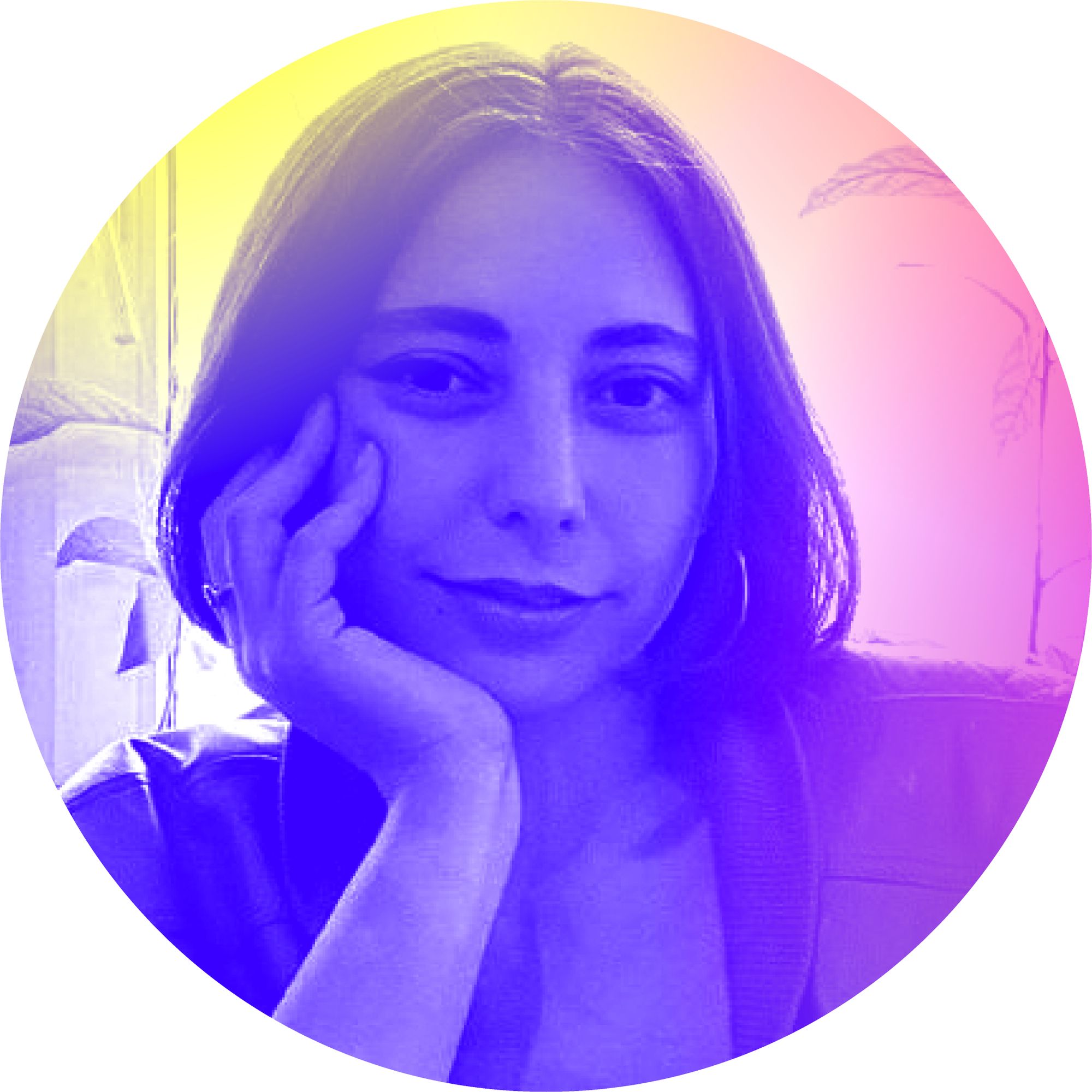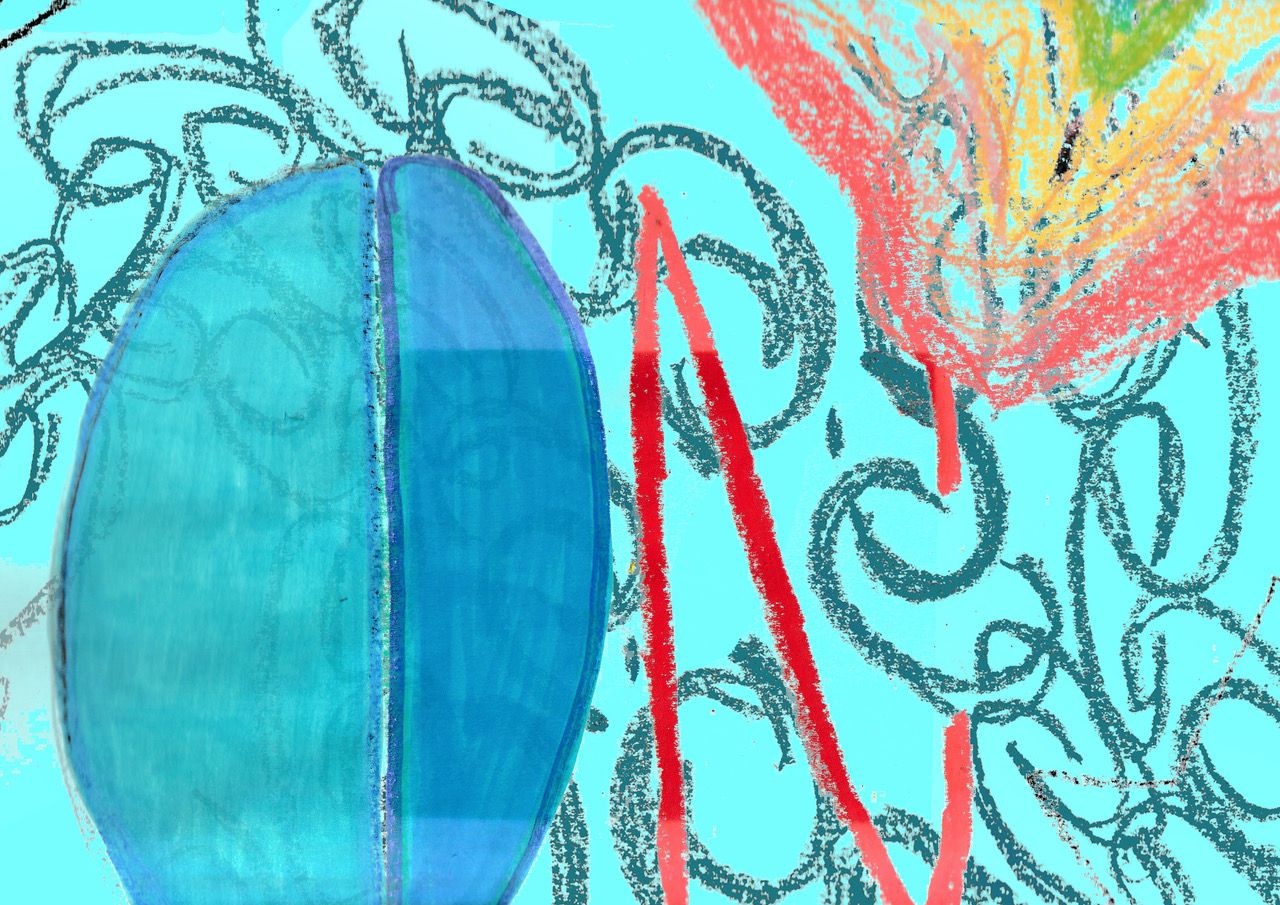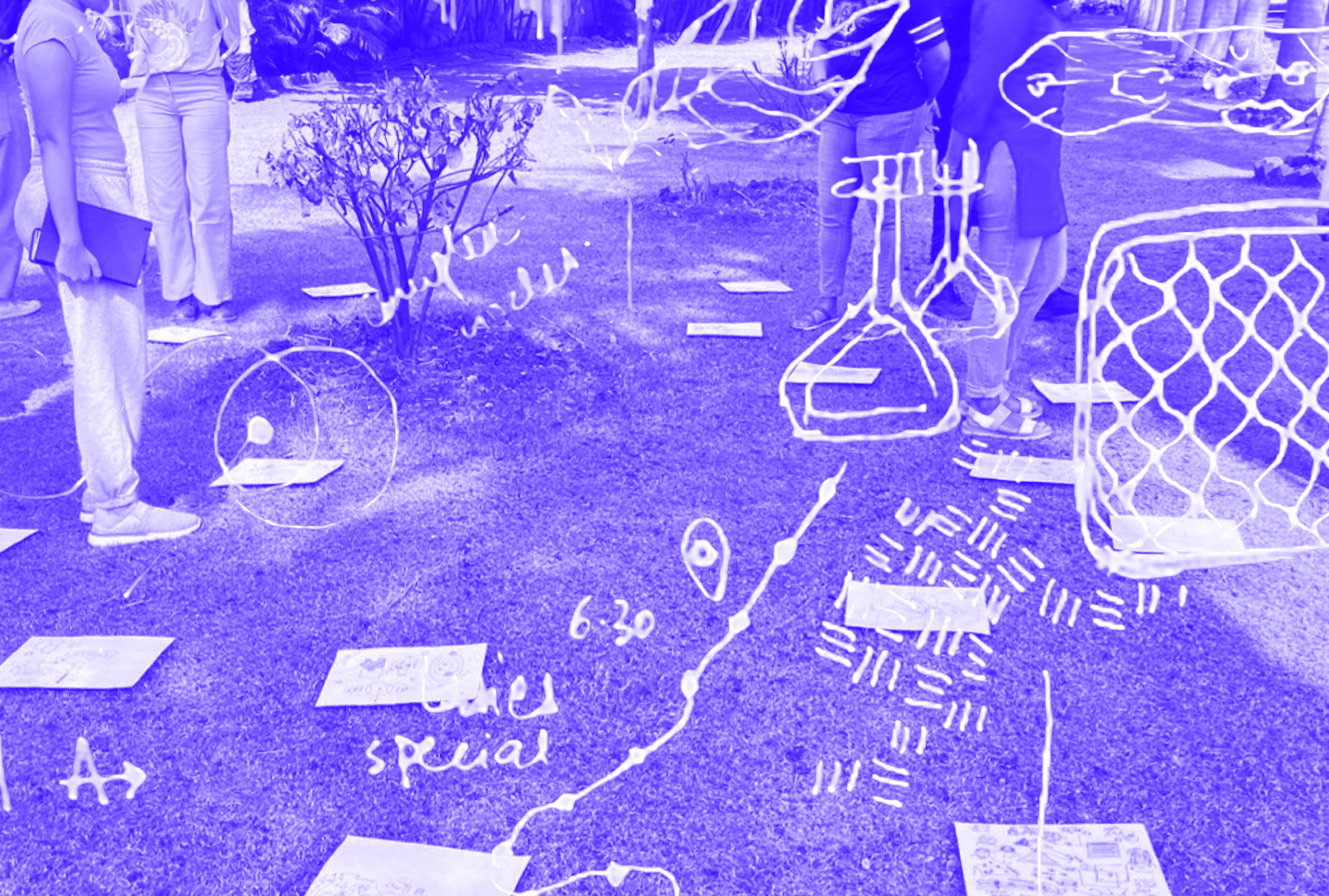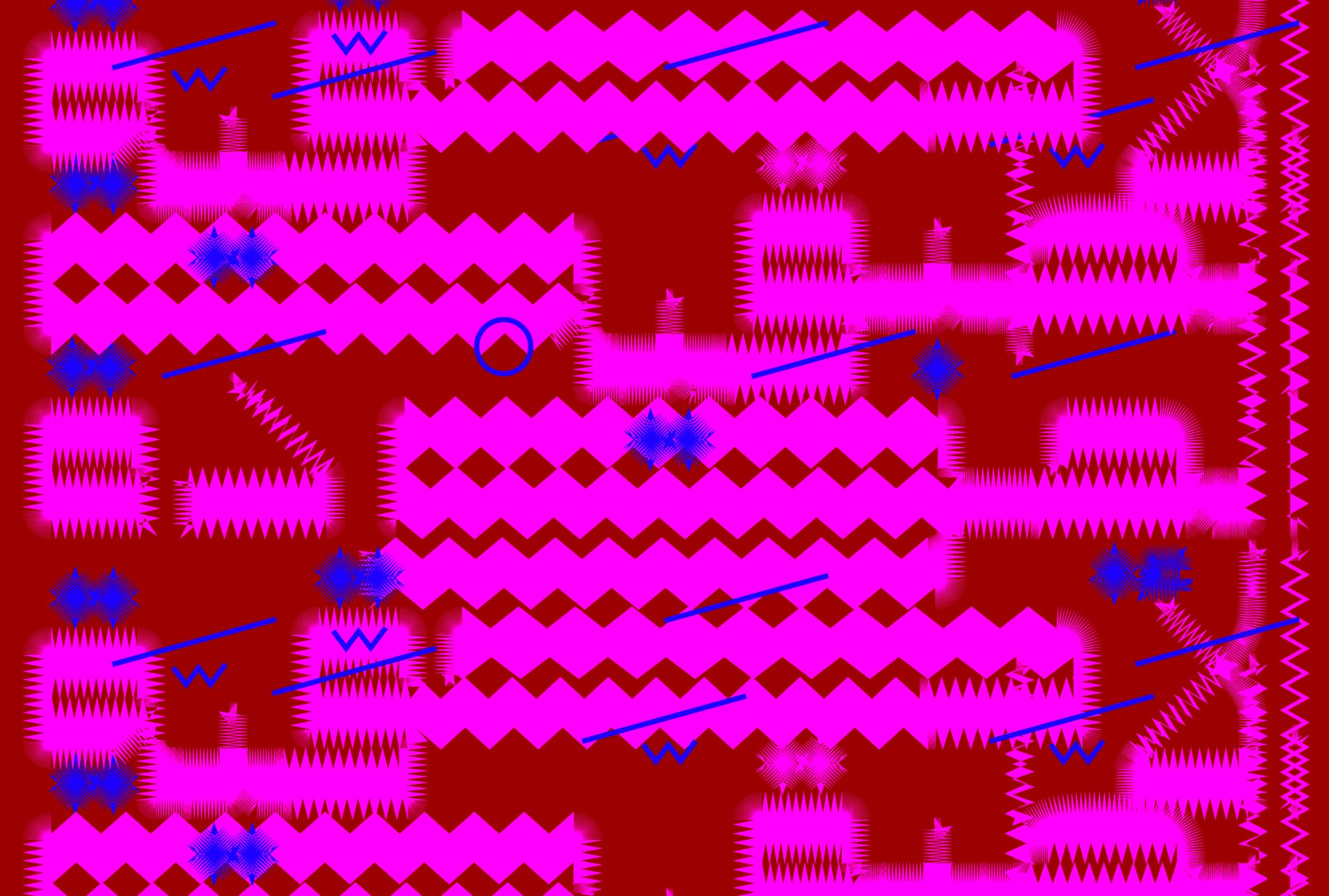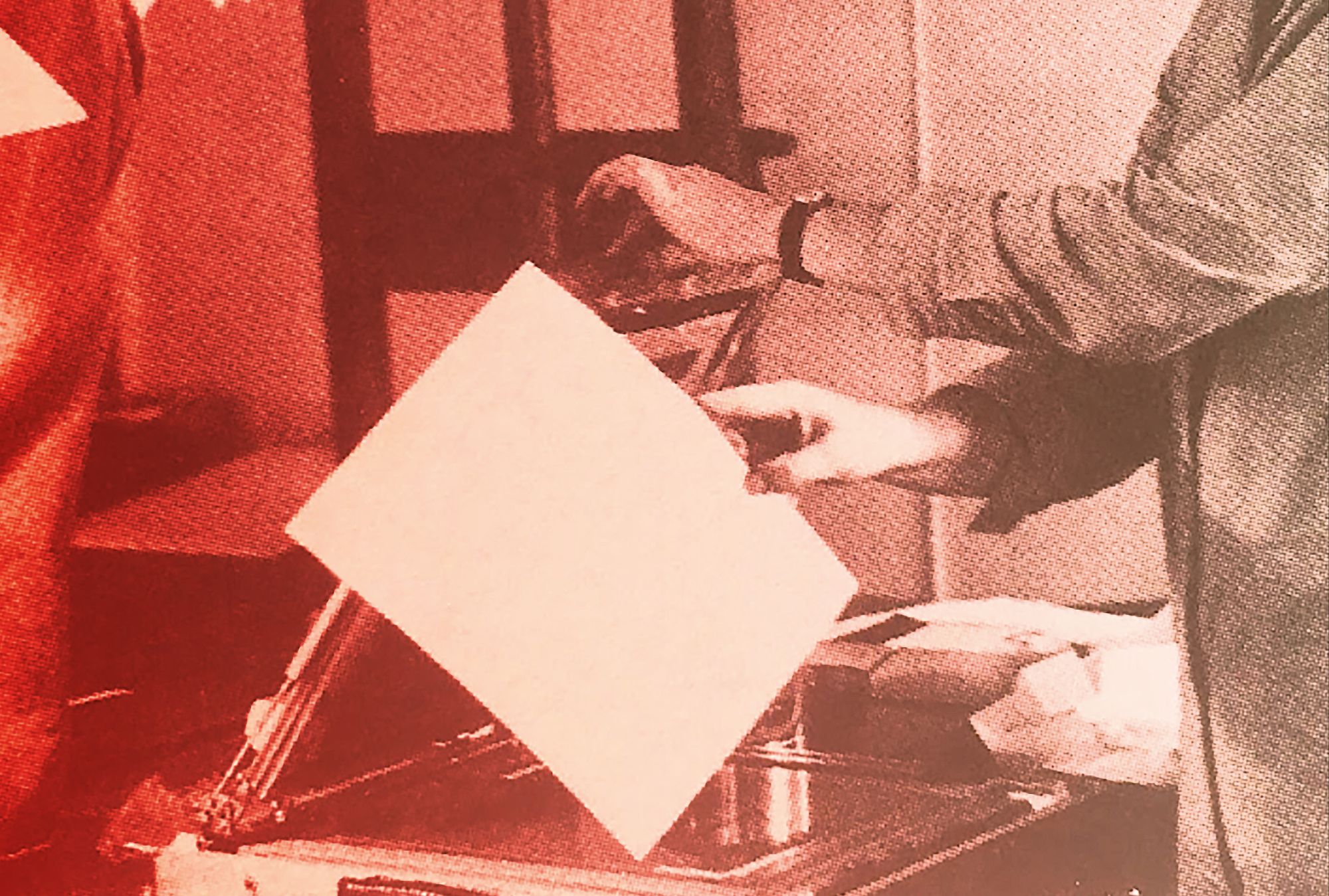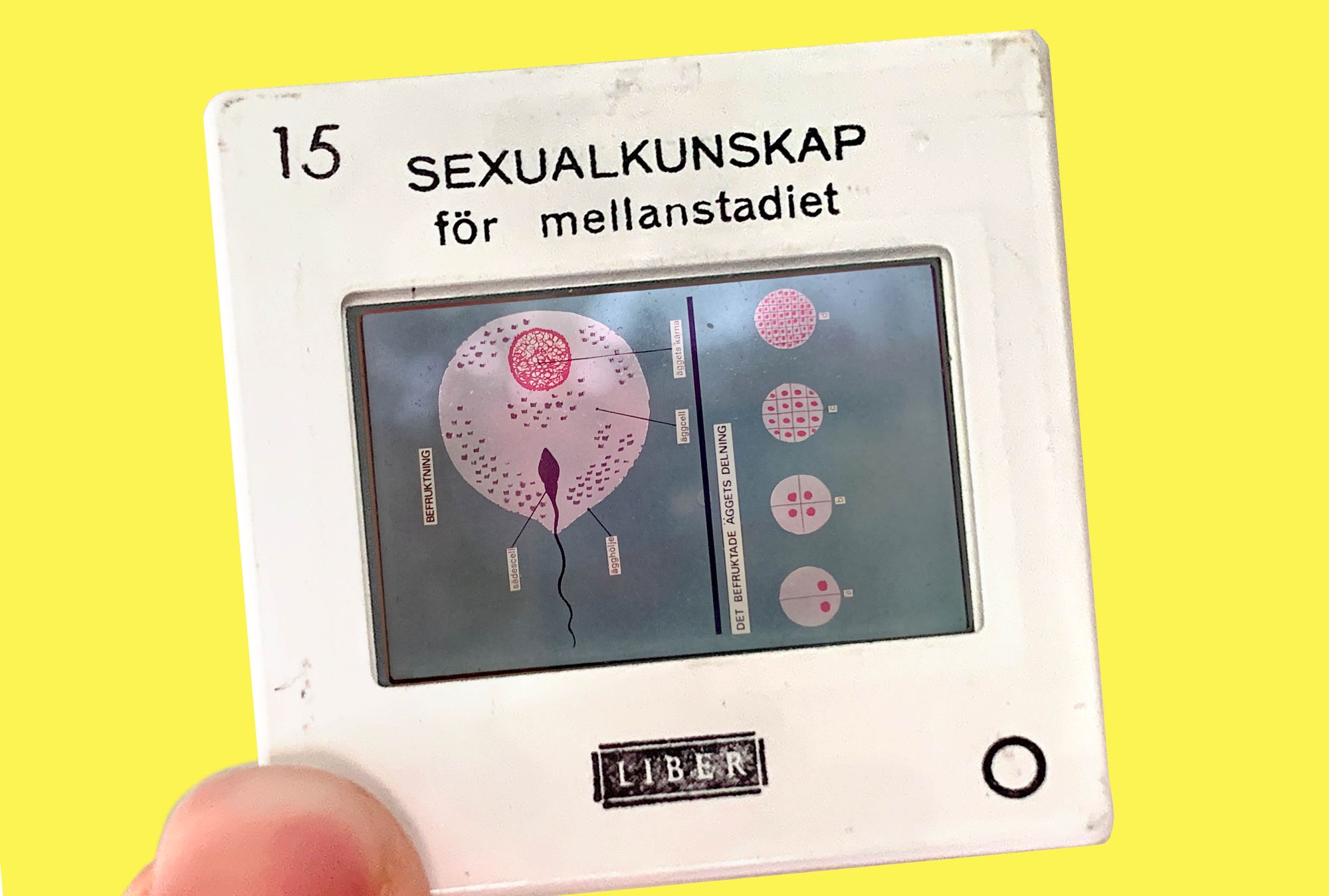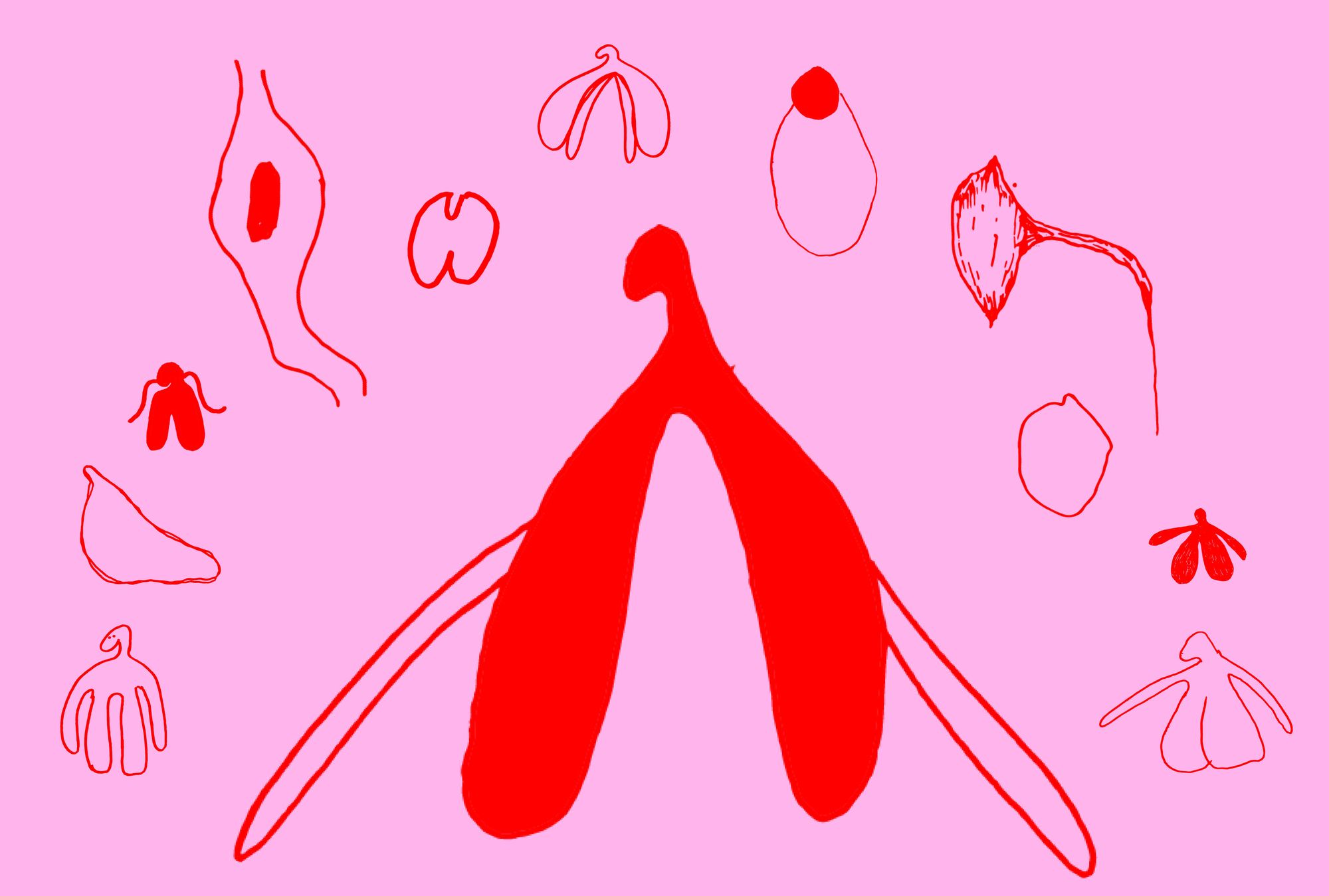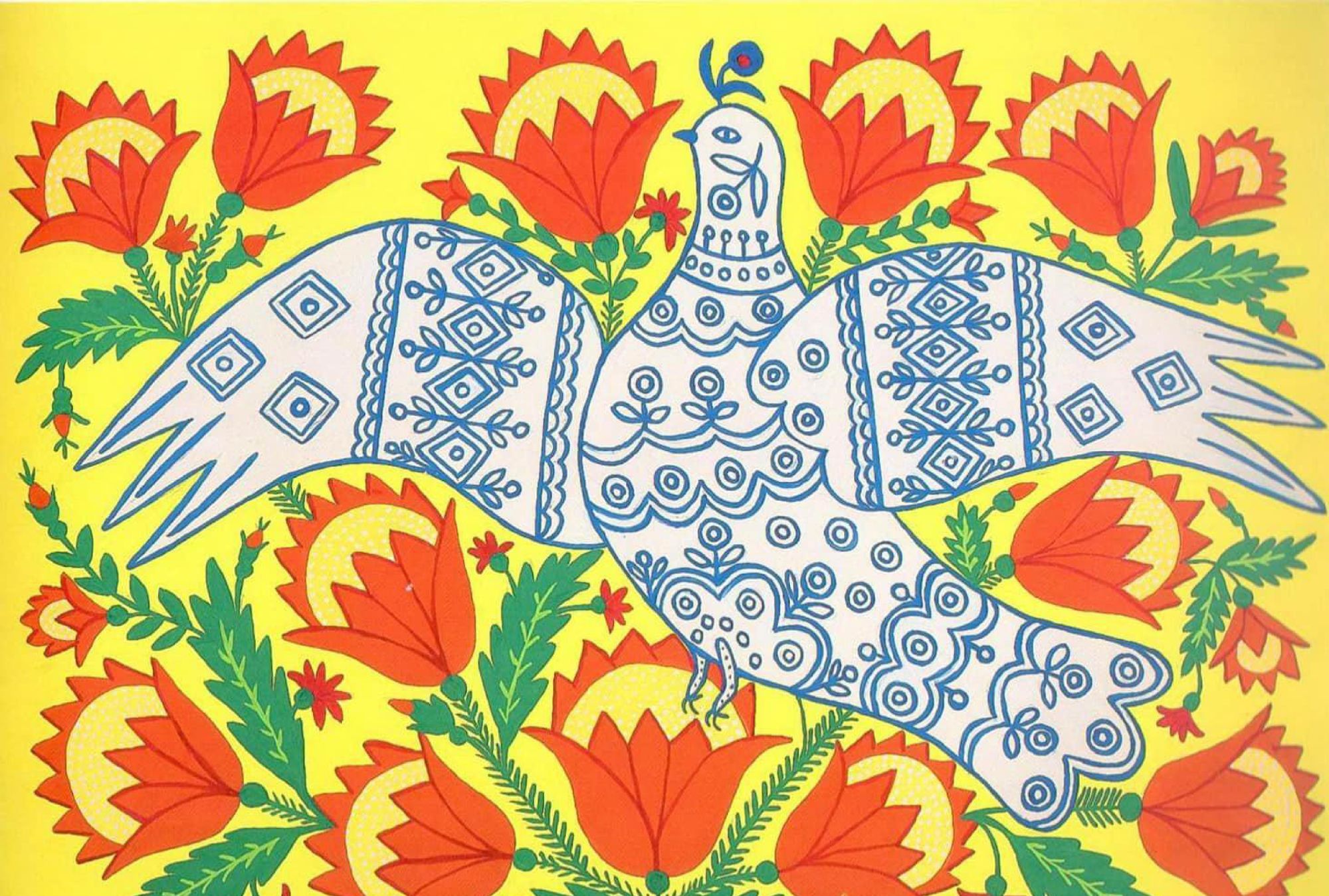
I grew up thinking that there could be a better way to live. I also grew up thinking—no, knowing—that this was inevitable. That a large-scale invasion—like we’re witnessing now—would happen one day.
It’s now March 26, 2022, the 31st day of the Russian invasion of Ukraine. Sitting in my kitchen in Lisbon, I desperately browse through the pages of The Ministry of Utmost Happiness by Indian author Arundhati Roy, trying to cage this turmoil inside me to put my thoughts into words on paper. My family in Sweden is following the news day and night, trying to reach friends from long ago in Odesa and Kyiv. My friends’ families are in Poland, in Kyiv, in central Ukraine, scrambling for ways to survive or to get out.
“The riot is inside us. The war is inside us. Indo-Pak is inside us. It will never settle down. It can’t.”—Arundhati Roy
“The war is inside us,” writes Roy, describing the India-Pakistan conflict in Kashmir. “The riot is inside us. The war is inside us. Indo-Pak is inside us. It will never settle down. It can’t.” Watching the events unfolding in Ukraine, I can’t help but feel this same way—that the war is playing out within me, is inside me. India is not Russia, Pakistan is not Ukraine, and Kashmir is not Crimea, yet all of us who are from or have ties to these lands carry the war—these wars—inside us.
Don’t get me wrong. All my heart, soul, and effort are with the people of Ukraine—the country where my dad was born, in the Black Sea port town of Odessa. Still, it’s hard to call it a Russian-Ukrainian war. It’s not that it’s more complicated than that—it’s just that it’s more than that. There’s a continually ongoing-turned-disastrous Soviet/post-Soviet conflict in the region, spilling over into Russian aggression towards ex-Soviet republics. I understand where the conflict came from. I saw Ukrainian history being dispelled from the history books, and how the Russian state failed to get rid of its Soviet KGB shackles. Since about a decade ago, when I was a Russian-born immigrant teenager with the typical Cold War inheritance, I was sure that we would soon be in an almost-nuclear situation. Even back then, I believed that all we could do to prepare ourselves was to know as much as possible. Because only knowledge can save us.
“I believed that all we could do to prepare ourselves was to know as much as possible. Because only knowledge can save us.”
Today, we are in a war of information. We have also reached physical, modern warfare, with real people dying. In Ukraine, the army and the people are fighting with all their might to stop the Russian troops—and they will never give up. In that I trust. And for that, I greatly thank them. Anything I can ever do to support this, I will. And I urge you to, as well. But there is also another war, a very real war waged against authoritarianism—not necessarily for neoliberalism, but for real freedom—playing out in the protests in Russia. It is playing out in Kashmir and Ukraine, in Burma and Burkina Faso, in Hong Kong and Palestine, in Iran and Syria, in Afghanistan, Tigrinya, Yemen, West Sahara, and many more places not mentioned in the news headlines. Ongoing post-colonial, post-imperial, and imperialist conflicts are playing out on the fringes of the Western-centric world.
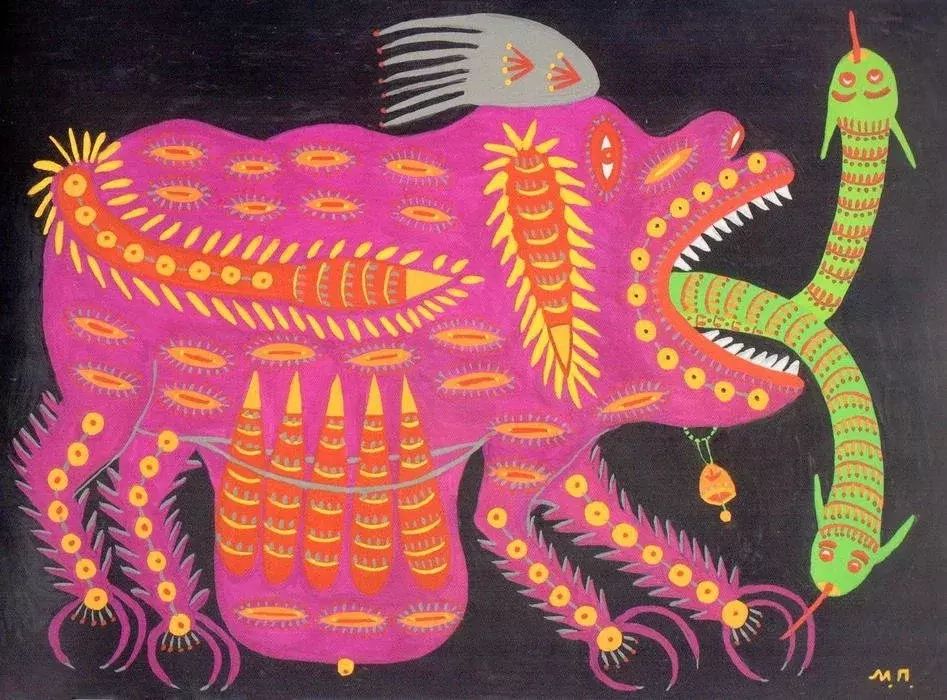
“It was peacetime. Or so they said,” writes Arundhati Roy. Her writing puts into words these conflicts that are at once ours and not ours. In the book, we see the Kashmir war through the story of a trans woman, where her inner conflict of being assigned male at birth becomes a metaphor for India’s internal discords of being Muslim and Hindu, being socialist and capitalist, both within and outside of the caste system. They said it was peacetime, and yet all these conflicts are happening. With Russia and Ukraine, too, until recently we were also told that the post-Soviet years were a time of peace—forgetting the years of bloodshed: the 2008 invasion of Georgia, the 1999-2009 Second Chechen War, and of course the barely-opposed and only-now-remembered 2014 invasion of Crimea. That was peacetime, they said.
It has been a while since the West bothered to understand these wars as real phenomena, because now the proxy war hits a little too close to home. Somehow, I end up in between. It’s not just that I’m Western and Russian. It’s not that I’m half-Russian and half-Ukrainian. As with many families from the USSR, mine is from all over: from Lithuania to Yakutsk, Jewish and Orthodox, Northern and Southern. I’m speaking out now, because this is now happening in my land. It is my Ukraine. And my Russia. They are both falling to pieces, into despair, into nothingness—Ukraine, while fighting for survival; Russia, while giving up in the face of increased mass arrests going on for decades, and the censorship, blocking, or restricting of access to Twitter, television channels, independent media, Dozhd and Echo Moskvy, the BBC, and the German Wave. Any semblance of access to real knowledge is crumbling.
“Let us speak about it. Over, and over, and over again. Let us find words for the wounds, and words for the sorrows.”
Yet as Ukrainians are standing up, so are the Russian people, and both need our support. Let us speak about it. Over, and over, and over again. Let us find words for the wounds, and words for the sorrows. If you can write about the war and rank your writing on mail.ru or yandex.ru, if you can hack Russian media, if you can write anywhere at all—do it. Anything small that will reach ten people on the other side will help because today, information in Russia means everything.
The Russian troops have invaded Ukraine. They came in a big convoy, attempting to take over a country in one fell 15-day swoop—and they have already failed. Instead, we see shelling. Bombs falling on cities, day in and day out. Civilian deaths, and a wave of over three million refugees scattered across Poland, Czech Republic, Romania, Moldova, Lithuania and beyond. Maybe this time, Europe will finally change its understanding of asylum.
The Russian troops are falling. Young boys dying, en masse, in a place they did not know they would be sent. The soldiers mainly come from what we call the republics in Russia, i.e. the old colonized states: Dagestan and Ingushetia, Chechnya, Tatarstan, and others. Seventeen- and eighteen-year-old boys. Some protest in their own way, pouring out gas from the tanks en route. Others just shoot.
It doesn’t legitimize their actions, but rather points to an imperial power controlling peoples as puppets and pitting them against each other. The Ukrainian army is fighting a modern war. I hope that it will hold out against the Russian troops. I hope that all of us far away from Kyiv and Moscow can protest loud enough for the Russian government to get scared. Because the only thing that they could fear—more than the nuclear weapon they are threatening the world with—is the people. Nothing is more powerful than the people. And nothing can ever be.
“I call you to know. Read about Ukraine. Learn about its history. Understand its people, its culture, its way of life.”
So I do not call you to unite. I call you to know. Read about Ukraine. Learn about its history. Understand its people, its culture, its way of life. Hang the flags from your windows. Speak in the pub, in the café, in the bar. If you can write, write. If you can paint, paint. And believe strongly enough, so that this strength goes to those fighting and protesting. Power to the people of Ukraine. Power to the people who dare protest in Russia. Power to all of you who still believe in a better future.
Maria Kruglyak (she/her) is a researcher, editor and artist with a dream of finding open dialogue in contemporary art and culture. Her current research is focused on environmentalism for an upcoming exhibition at MAAT, Lisbon: Visual Natures: The Politics and Culture of Environmentalism in the 20th and 21st Century. Her independent research is focused on Southeast and East Asian art histories, as well as the linguistics of contemporary art theory and crossculturation. She is the founder of Culturala, an art theory journal dedicated to building an interconnected art world we can all be a part of.
This text was originally published in the newsletter by Culturala on March 7th, 2022.
Title image: “A Dove Has Spread Her Wings and Asks for Peace” (1982) by Maria Prymachenko (Source: Maria Prymachenko Foundation)
The title of this vertical, Epistemic Activism, is an homage to the disabled, nonbinary Iranian/SWANA designer and researcher Aimi Hamraie. In their book Building Access: Universal Design and the Politics of Disability, epistemic activism is described as a form of
political action that occurs within academic fields to shape social norms and practices.

